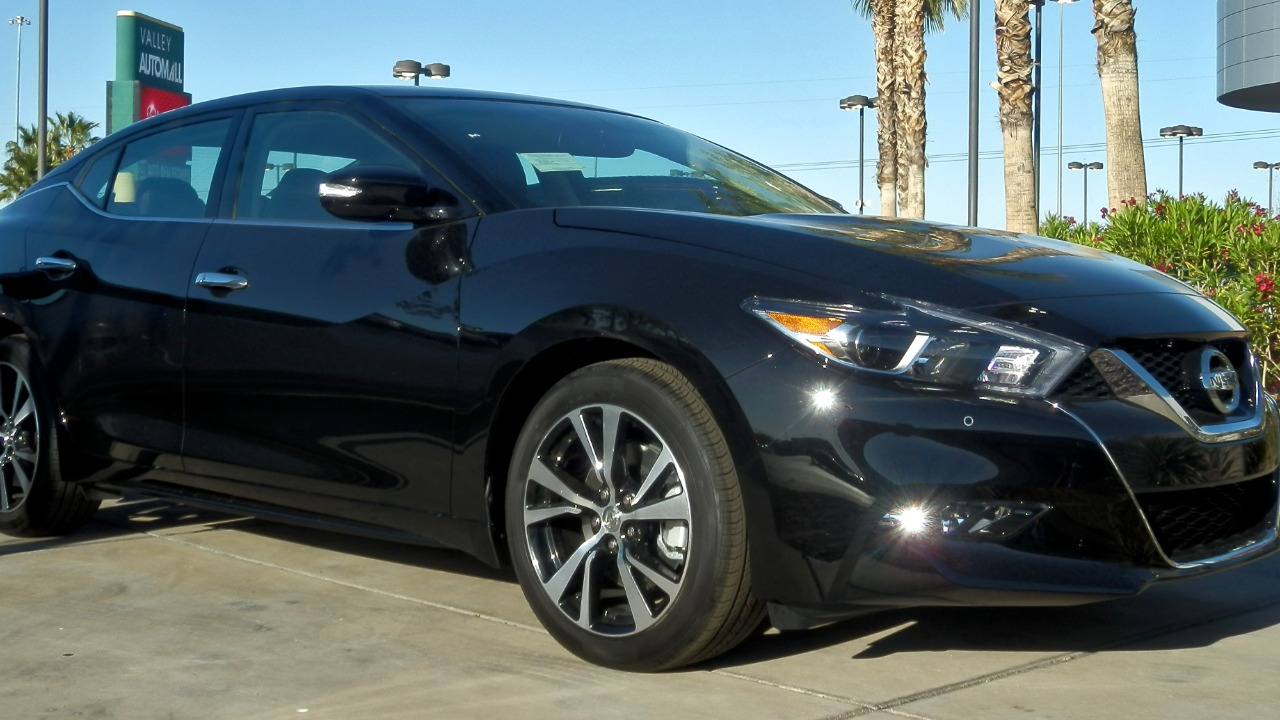
In the ever-evolving automotive industry, some popular models are being phased out to make room for innovation and change. Automakers like Ford, Chevrolet, and Honda are making surprising decisions to end production of these once-best-selling cars. Let’s explore these changes and understand the factors driving these decisions.
1. Ford: Phasing Out the Fusion
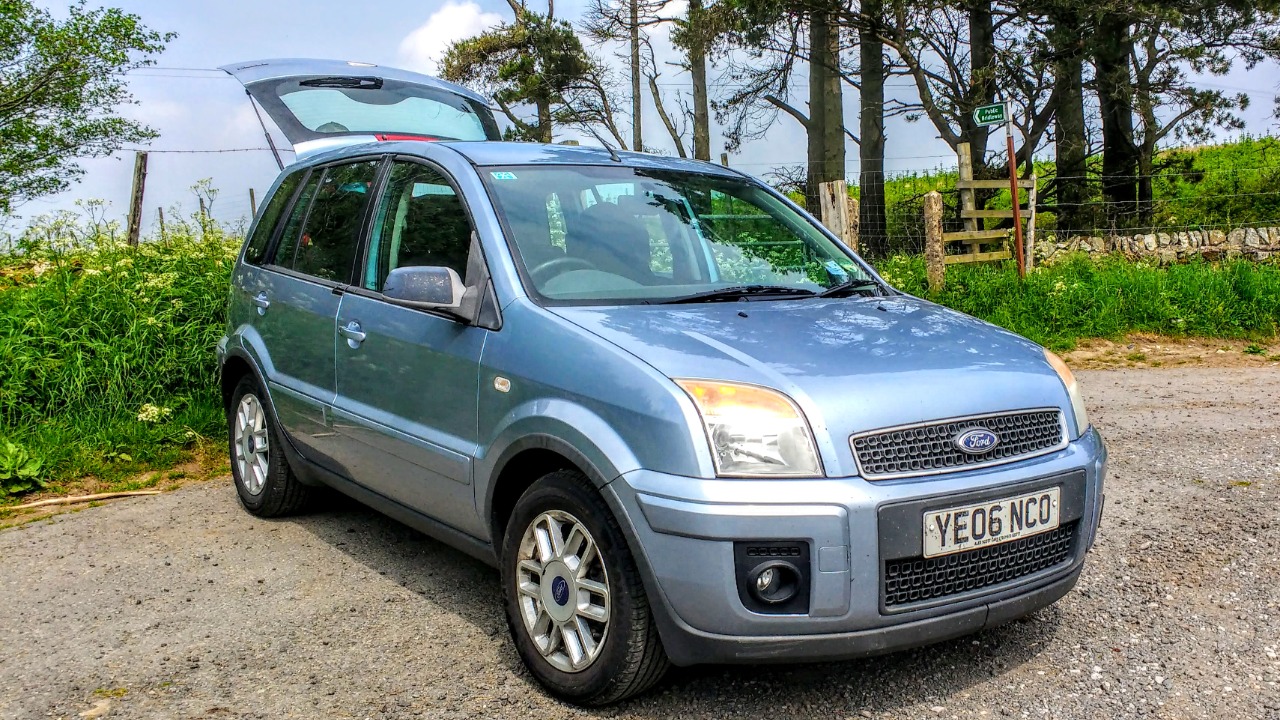
Ford has announced the end of the line for the Fusion, a model that once represented the brand’s stronghold in the midsize sedan market. This decision aligns with Ford’s strategic shift towards SUVs and electric vehicles, a move influenced by changing consumer preferences. The Fusion’s discontinuation marks a significant transformation in Ford’s lineup, reflecting broader trends in the automotive industry.
2. Chevrolet: Saying Goodbye to the Malibu
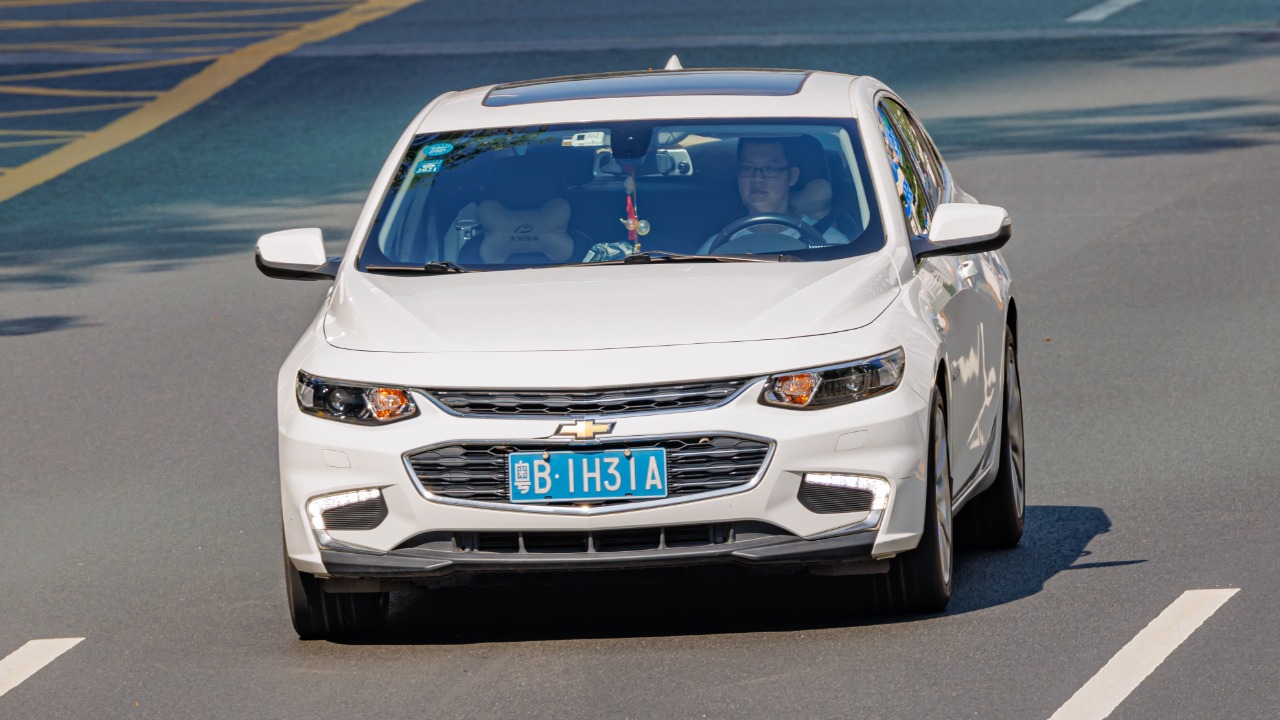
The Chevrolet Malibu, a staple in the sedan category, is being phased out as General Motors refocuses on electric and crossover vehicles. This shift in strategy is driven by market trends and the push for more sustainable options. The Malibu’s departure signifies a broader realignment in Chevrolet’s product offerings, aiming to meet the growing demand for environmentally friendly vehicles.
3. Honda: Discontinuing the Accord Hybrid
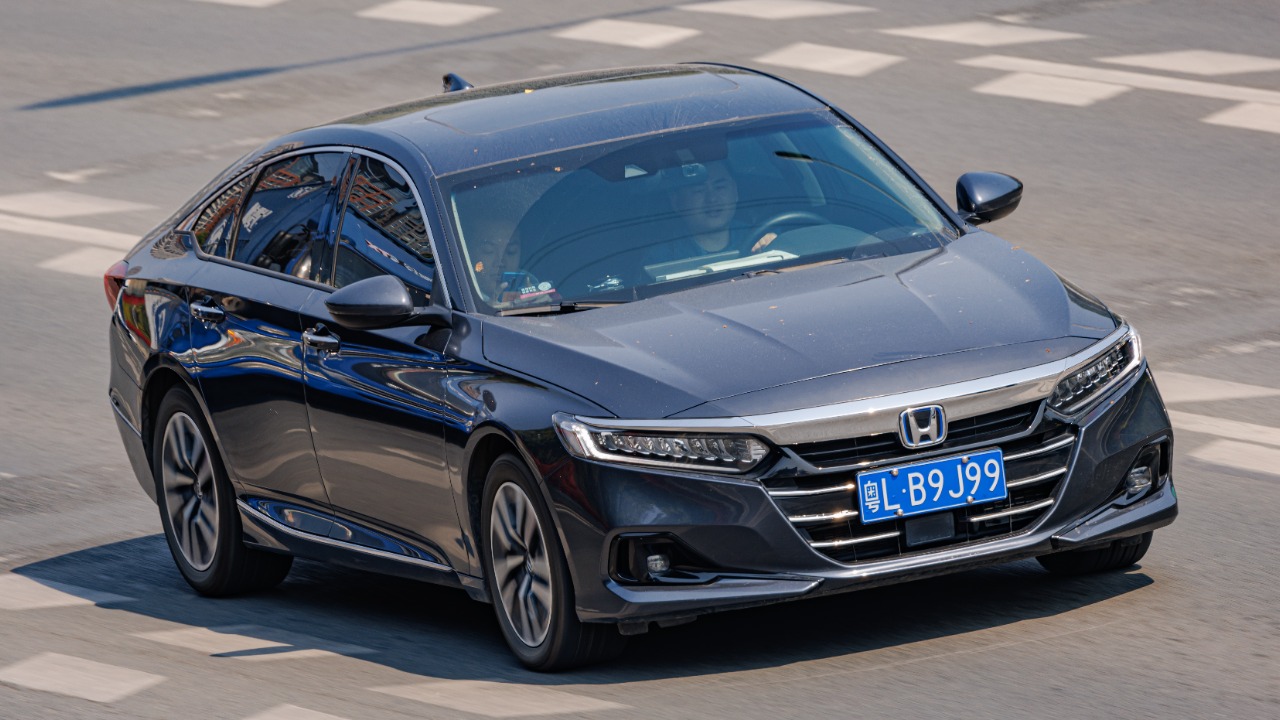
Honda is ending production of the Accord Hybrid, a move that might surprise many hybrid enthusiasts. The decision is part of Honda’s strategy to streamline its offerings and focus on full electric models. This change is indicative of Honda’s commitment to advancing its electric vehicle lineup, adapting to the evolving landscape of automotive technology and consumer demand.
4. Toyota: Ending Production of the Avalon
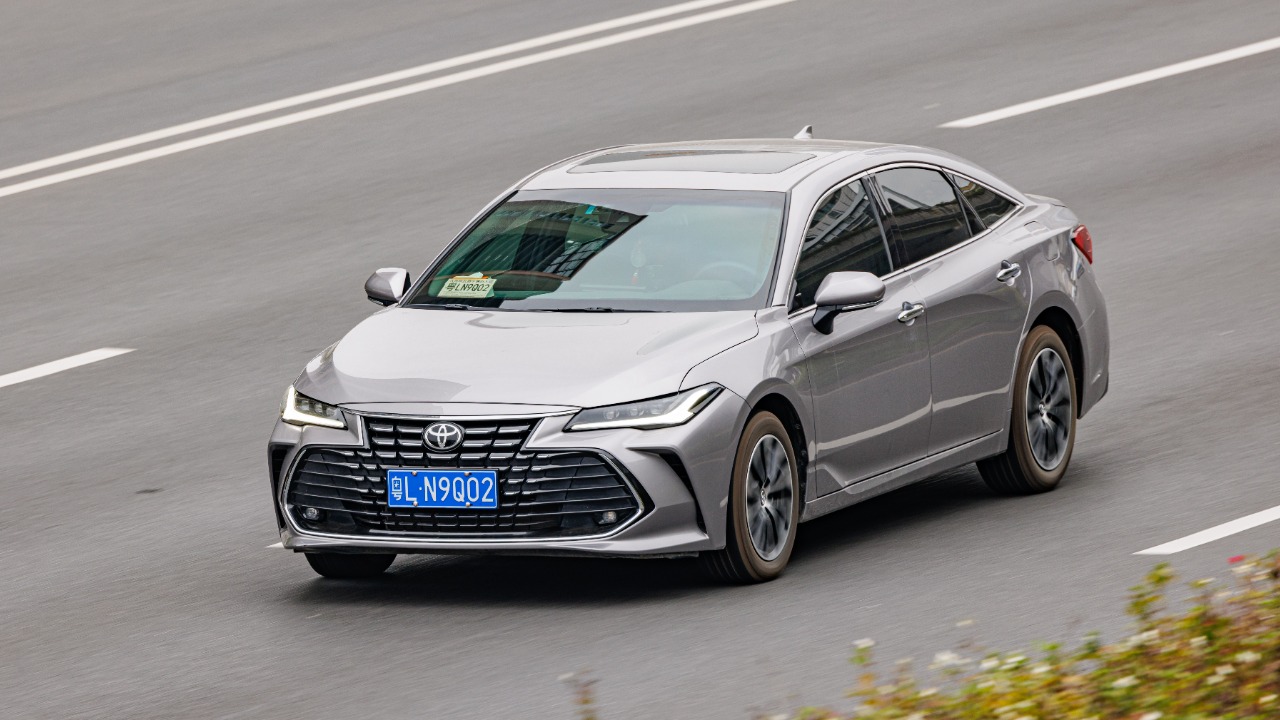
Toyota has decided to cease production of the Avalon, a decision influenced by declining sales and a shifting focus towards more versatile SUVs. The Avalon, once a symbol of luxury in Toyota’s lineup, is being retired as the company invests in expanding its hybrid and electric vehicle range. This move underscores Toyota’s strategy to remain competitive in a rapidly changing market.
5. Nissan: Retiring the Maxima
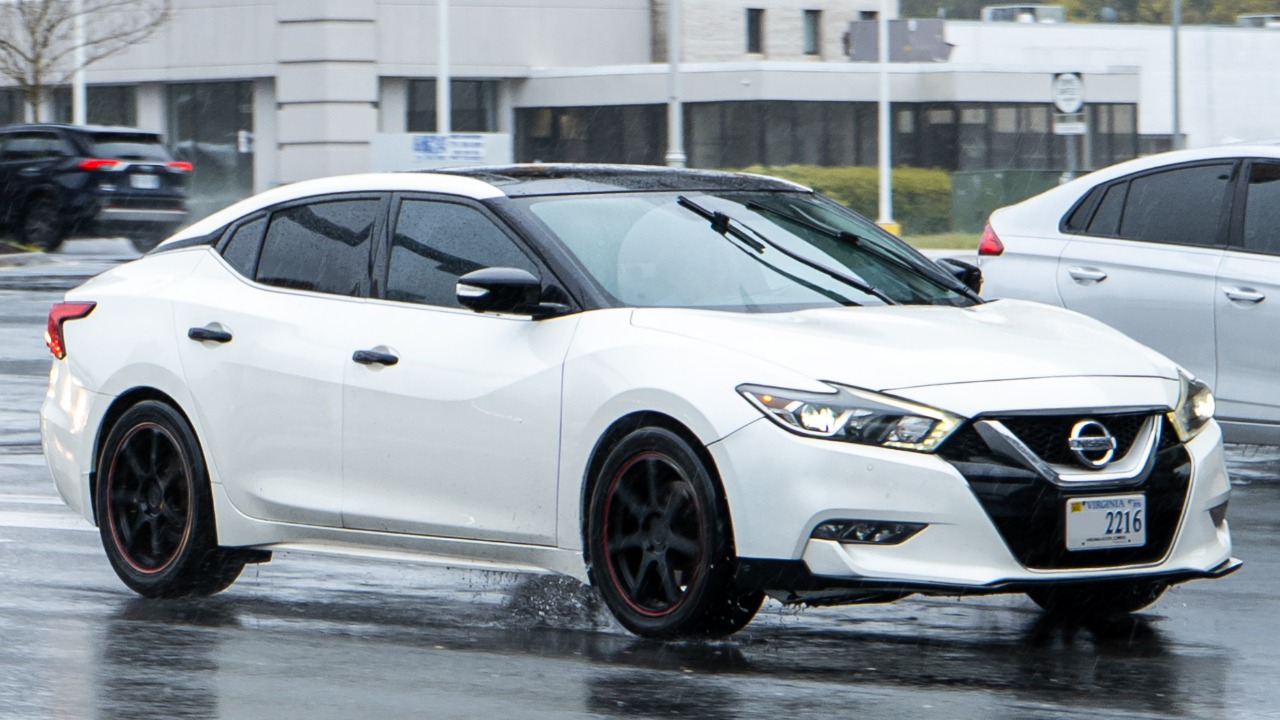
Nissan is set to retire the Maxima, a model that has long been a favorite among enthusiasts of sporty sedans. As consumer preferences lean towards SUVs and crossovers, Nissan is adjusting its strategy to align with these trends. The Maxima’s retirement highlights the company’s focus on innovation and adapting to the dynamics of the global automotive market.
6. Volkswagen: Ceasing the Passat
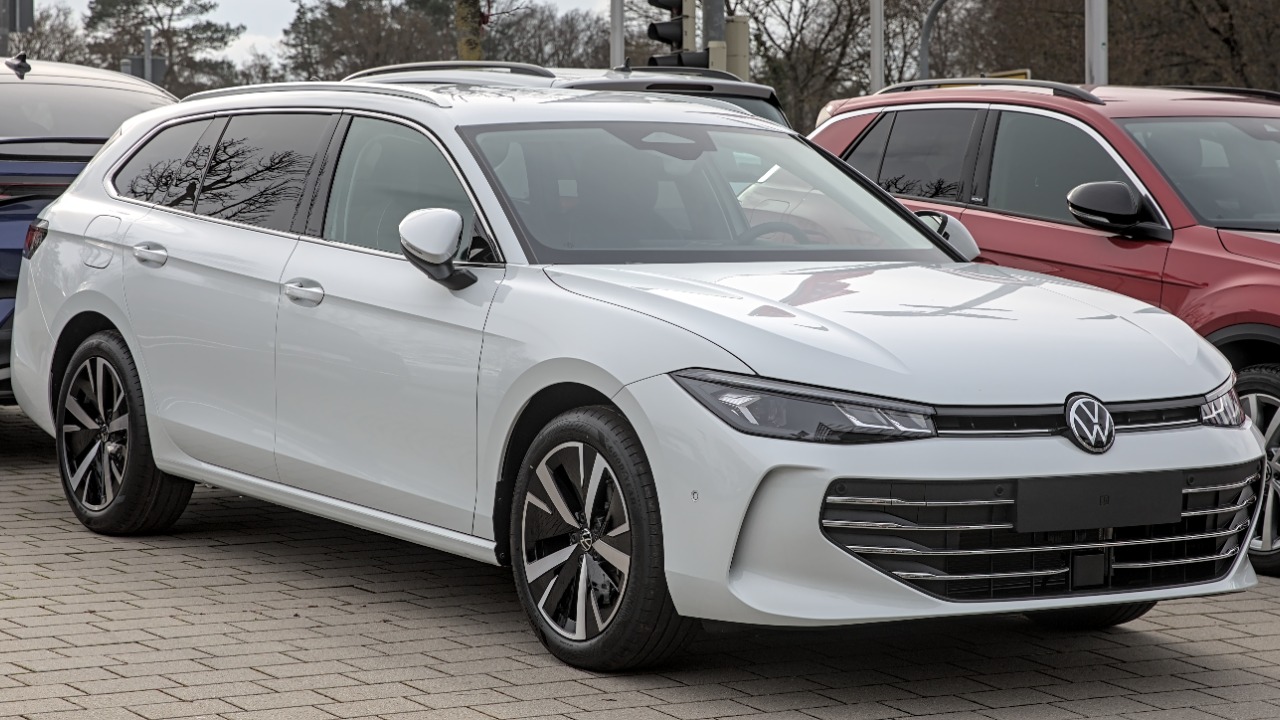
Volkswagen has announced the end of production for the Passat, a decision reflecting the brand’s shift towards electric vehicles. The Passat, a long-time contender in the midsize sedan segment, is being replaced by Volkswagen’s new electric models. This transition marks a pivotal moment for Volkswagen as it commits to a future driven by sustainable mobility solutions.
7. BMW: Wrapping Up the 3 Series Gran Turismo
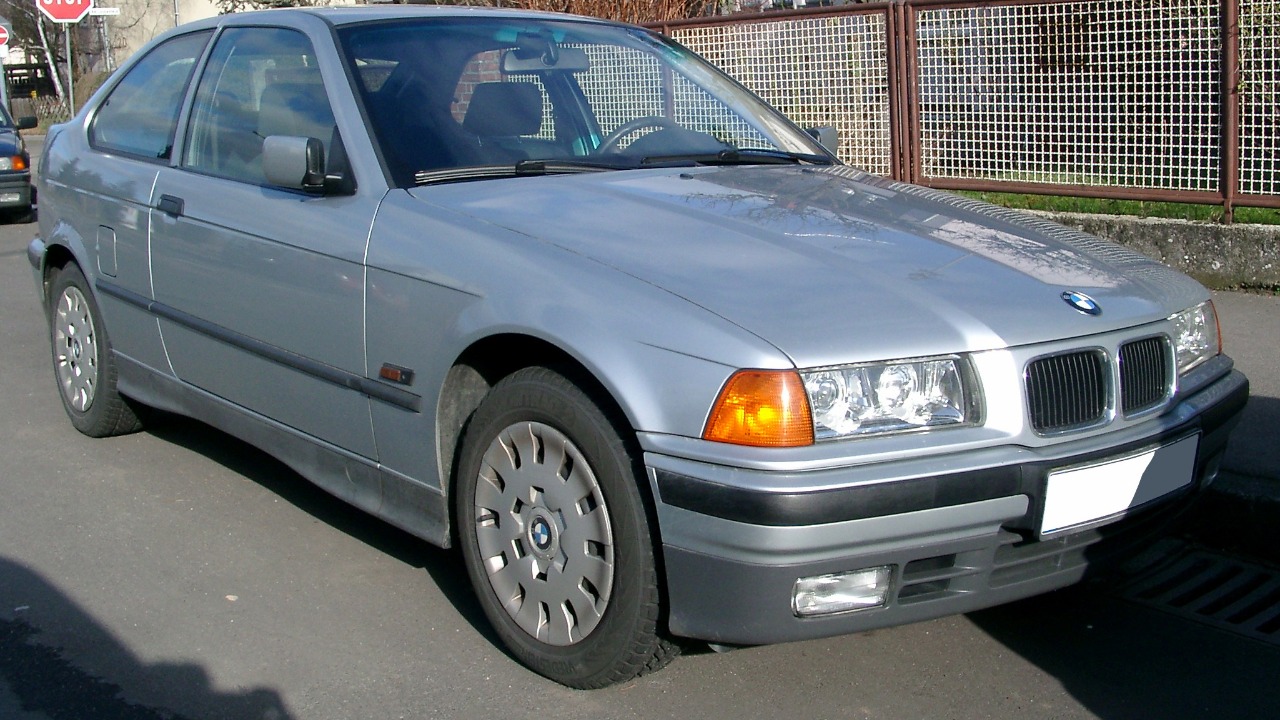
BMW is wrapping up production of the 3 Series Gran Turismo, a model that struggled to find its niche in a competitive market. As BMW focuses on its core models and electric vehicle development, the discontinuation of the Gran Turismo aligns with its strategy to streamline offerings. This decision reflects BMW’s commitment to innovation and meeting the evolving needs of its customers.